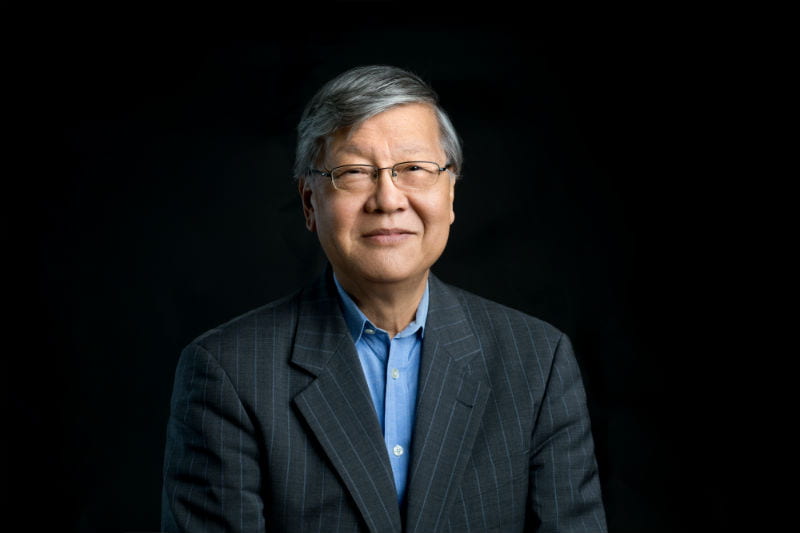Following his recent appointment as one of the University’s Pro-Chancellors, we caught up with Bristol alumnus, Dr. Andrew Sheng, to talk about his career, his time as a student and lessons for the future.
After graduating from the University with a degree in Economics (BSc 1969), Andrew rose through the ranks of the Bank Negara in Malaysia, to become Chief Economist and Assistant Governor. He later worked at the World Bank as a Senior Manager, where he undertook pioneering work on bank restructuring.
Now, Andrew is a distinguished fellow at the Fung Global Institute, chief adviser to the China Banking Regulatory Commission, and a board member of Khazanah Nasional Berhad, the sovereign wealth fund of Malaysia. Andrew has published widely on monetary, economic and financial issues and is a regular contributor to leading economic publications throughout Asia.
What initially made you want to attend the University of Bristol?
I came to England to try and learn something about Britain. Bristol was my first choice as I wanted to get a first-class education and get to know many English friends and the countryside.
What was your fondest memory from your time in Bristol?
Good friends, fabulous wines and Bristol sherry. It was where I met my wife, Suan Poh, who came to do her doctorate in social psychology in Bristol.
How did studying at the University help you in your career?
I learnt a lot from my tutors through the personal interaction. One of them went on to become the Governor of the Central Bank of Iran. Getting a First in Economics helped when it came to getting interviews for jobs. But it also really gave me the confidence to appreciate that there are few impossible challenges, the only barrier being your own will to tackle them.
What’s been the proudest moment of your career to date?
We must appreciate that every achievement is always that of a team and never of one’s own doing. There have been many moments when I felt, looking back, how did we manage to survive that crisis? The best moments come after you get through the hottest fires. You learn never to take the future for granted.
What is the best career advice that you have ever been given?
The day you wake up and don’t feel like going to work, that’s the time to move on. The best job is the one that you enjoy and I must say I’ve enjoyed them all, so far.
You have always been a believer in the power of education. Could you give us an example of something interesting that you’ve learnt recently from an unexpected source?
Education is all about continually learning, adapting and honing your skills. An old friend told me over Christmas that she wanted to spend more time educating her grandchildren because they will face the greatest challenges from climate change and have much less opportunities because of technology disruption. Her children are too busy working to re-tool themselves for the New Age. We, the baby-boomer generation, created the greatest wealth, but also the greatest inequality and endowed the next generations with the highest debt. In effect, we consumed more than our fair share of planetary resources at the expense of social and planetary justice. The next generation will pay for most of this. I totally agree with her. The young, including the young at heart, must think out of the box to survive the tough days ahead.
As one of the newly appointed Pro-Chancellors, what are your ambitions for the University of Bristol in the future?
The experiences and mental attitudes of students, as well as their exposure to projects, are becoming increasingly important to employers. This means that universities need to have much more multi-disciplinary approaches to education and skilling, with good feedback mechanisms from employers to change curricula, with students working as employees or start-up interns much earlier than before. The future for graduates today is far tougher than when I graduated. It will be far tougher in the days to come, so the University needs to prepare its graduates for this.
Climate change, disruptive technology, intense geo-political rivalry, widening social inequality, migration and aging demographics are all wicked problems* that require new skills and paradigms to tackle. We won’t have simple answers. We just have to adapt by becoming more flexible, creative and open-minded to radical ways of dealing with problems and learning by doing.
* “a social or cultural issue or concern that is difficult to explain and inherently impossible to solve.” study.com/academy/lesson/wicked-problem-definition-examples.html

